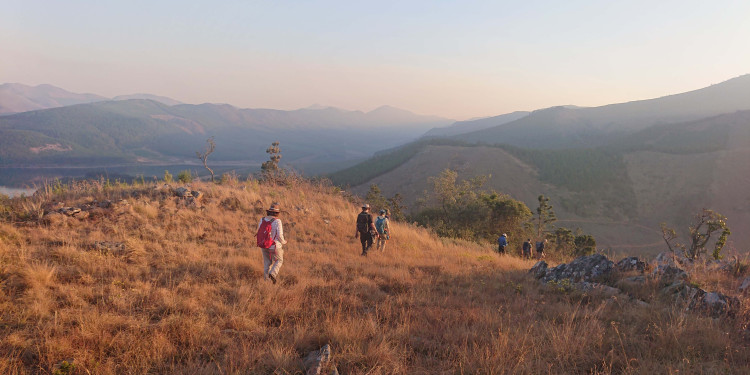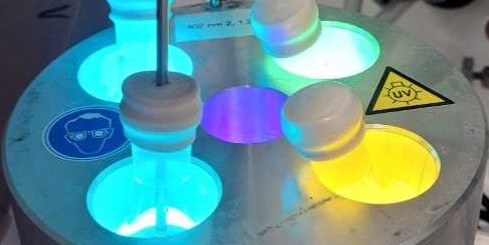

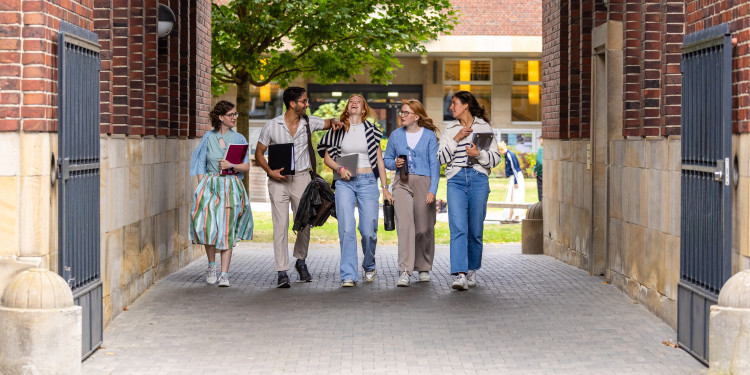
Learning the ropes with peer buddies

New Topical Programme starts up involving research into behaviour and personality
Events

University of Münster researchers develop advanced sensitivity technology in search for dark matter
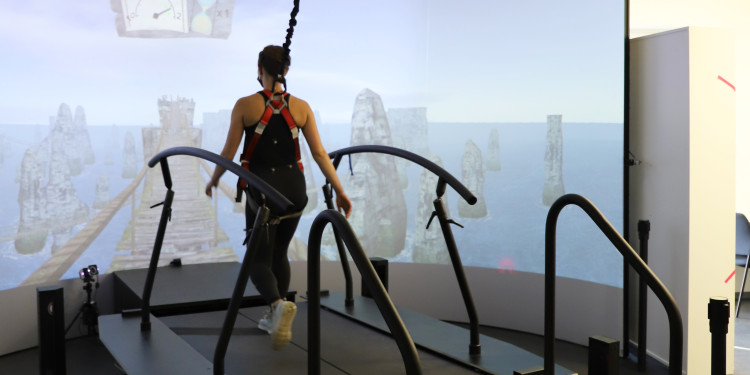
When the feet seem to stick to the floor
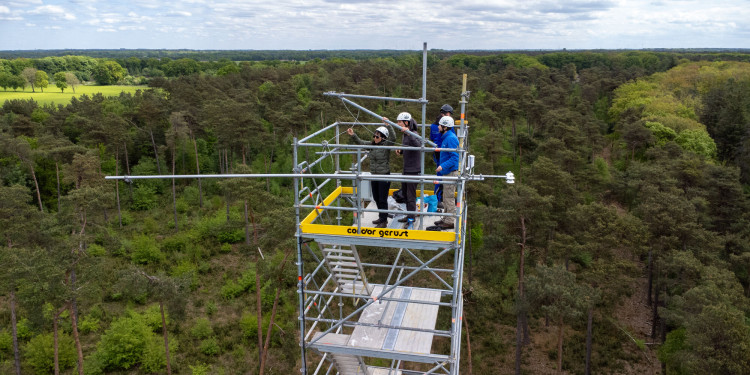
Unique project provides data on greenhouse gas balance in Lünten Forest

“The system is not designed for replications”
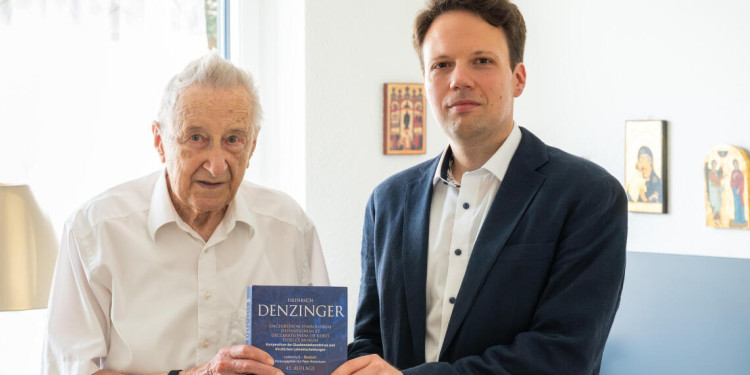
Theologian Michael Seewald takes over editorship of church magisterial texts

Female scientists network at MOMENTUM Women’s Leadership Journey

Researchers at the University of Münster analyse future European energy demand for battery cell production

How epithelial junctions mature: Study shows conformational transition in key protein
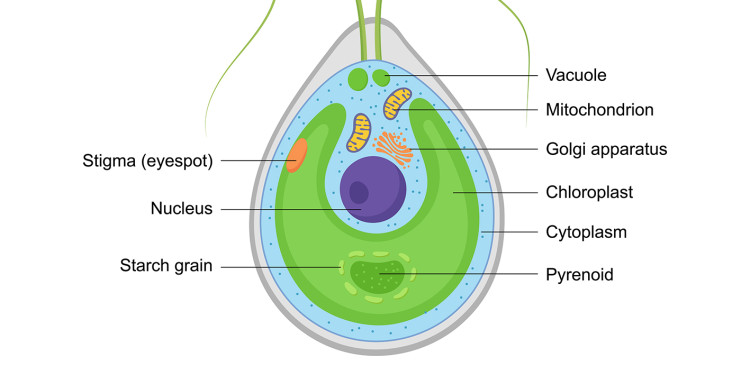
A focus on the microalgae ‘Chlamy’
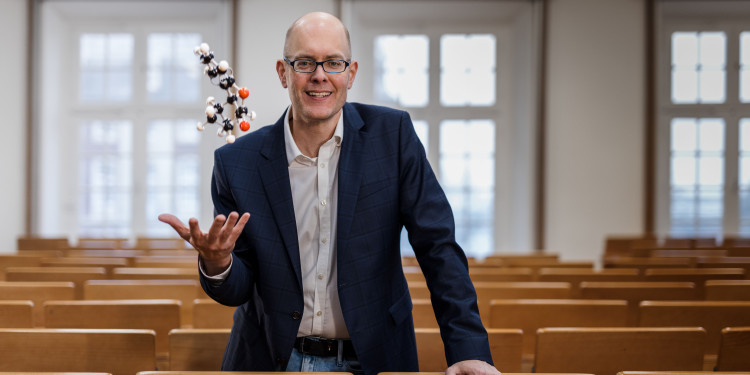
‘Catalysis reduces the ecological footprint’

Recycling process for dry processed cathodes developed
Your search did not match any of our news releases.
Suggestions:
- Make sure that all words are spelled correctly.
- Try different keywords.
- Try more general filters.
- Expand the period of time.

